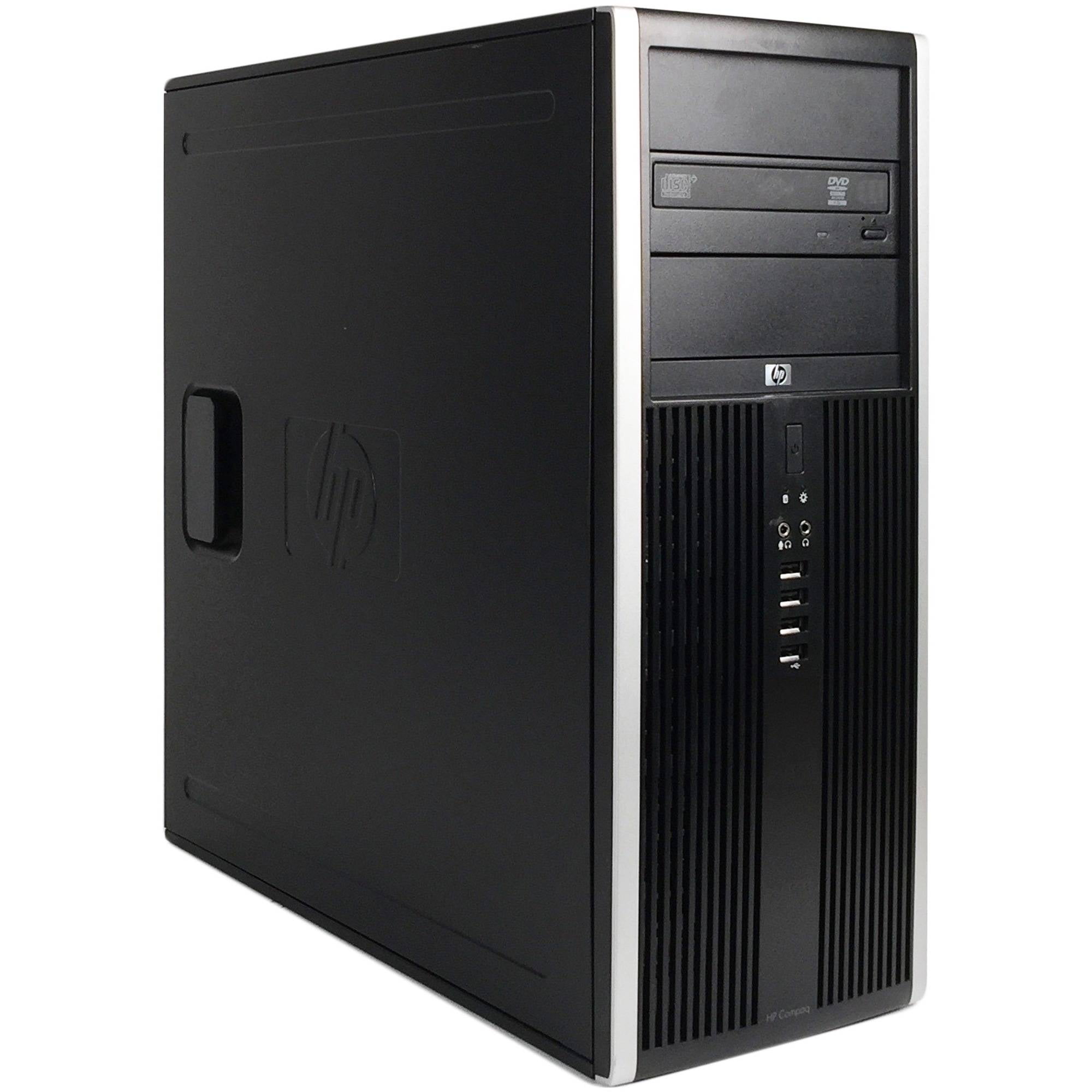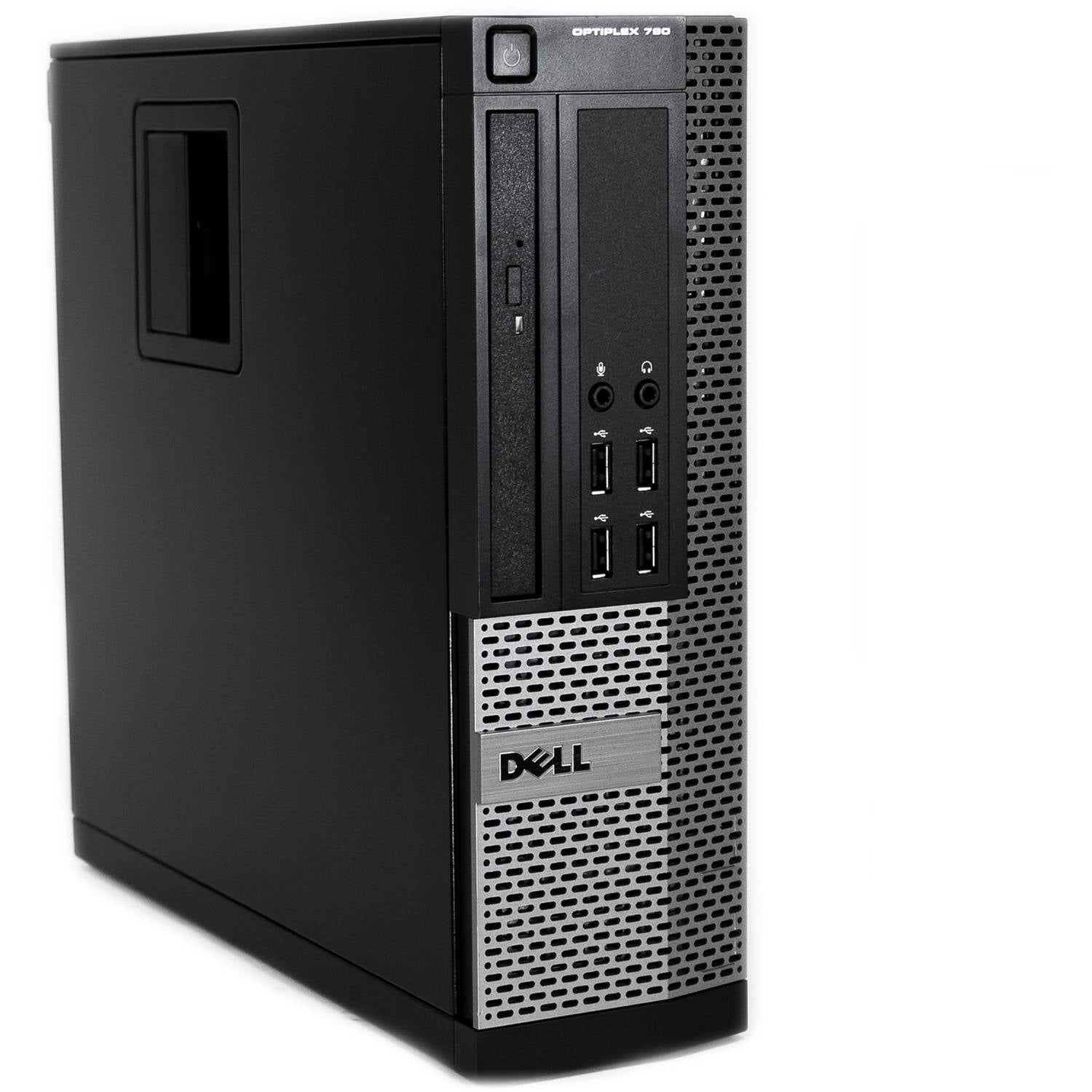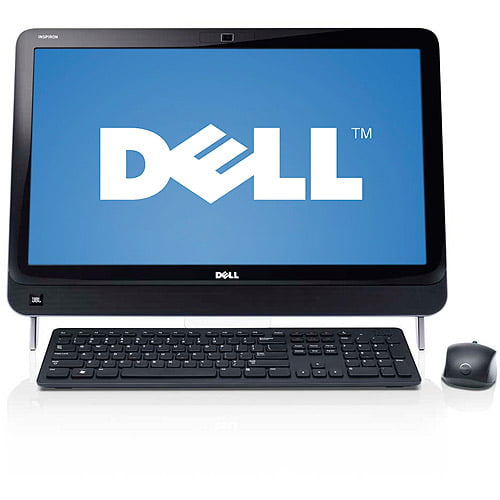

- Windows 7 memory monitor at 7gb out of 8 driver#
- Windows 7 memory monitor at 7gb out of 8 windows 10#
- Windows 7 memory monitor at 7gb out of 8 Pc#
- Windows 7 memory monitor at 7gb out of 8 free#
Don't you think that I've checked that before I download the Windows Driver Development Kit for Poolmon and other diagnostics/tracing tools? Task Manager you say? Here's one of right now, 8.6GB RAM used only Chrome and one VM open and 12.5GB commit, the VM is running 2GB allocated, so 6.8/10.5 for the host itself.
Windows 7 memory monitor at 7gb out of 8 windows 10#
If the working set is charged against System (show the columns in Task Manager and take a screenshot so we can see, you're hilariously trying to diagnose the problem without bothering to show us any useful data at all) and you're running Windows 10 then it's nothing to worry about. Oh well, I just reboot when it gets too high, but it's silly that it would have been unworkable with "just 8GB" of RAM. Quitting Chrome drops it to 7GB, but reopening the original tabs bounces the usage right back to where it was. I only have Chrome open, no games, no big applications like Eclipse/IntelliJ, and I'm sitting at 7.9G used / 12.7G commit, out of 16G/24G. Something's just leaky - I have the same issue here, but I haven't been able to figure out which program it is - sum of Working Set / Private Bytes is less than 8GB, even poolmon didn't show anything suspicious (after fixing one leak from an audio device driver by updating it).
Windows 7 memory monitor at 7gb out of 8 free#
Just that it does not fully free up that memory when the tab is closed. I have no problem with Chrome using a lot of memory per tab. To exaggerate a bit, you could drive a carrier battle group though the memory holes and leaks in Chrome. I have freed up over 4 Gigabyte of system memory this way before. And seeing that total memory is now lower. Closing Chrome, then reopening it to the exact same tabs it had open before. This is easiest to demonstrate, by taking a long running Chrome session that has had a large number of tabs opened and closed. Rather that it does not properly release memory once a tab has been closed. The problem with Chrome, is not that it uses a lot of memory for the per-tab process isolation. Like Windows, it doesn't want to waste memory which could be improving performance and security, and once it goes background it doesn't use much anyway.) It looks like it's using a lot of memory, but really both isn't using all that much, and is using it for good reason. It uses process isolation to boost security, so has a lot of processes. (To address Lee Vann's point about Chrome above, it follows the same model. There's no problem here, your system's working well.

If Windows could avoid wasting the memory, it would have. That's memory which Windows can't use for architectural reasons, or memory reserved by an onboard video device. If you look at the block just under the usage history chart, you'll find that the "free" block, the tiny bit at the right, is quite a lot smaller than what it's showing as available. Cached blocks can be both "In use" and "Available" at the same time, for example! There's also things like the standby page list (which also contains cached disk objects!) and recent evicts, which exist in a limbo zone between in use and not in use. It's also a virtual memory system, meaning there are lots of types of memory, some of them should be counted as "used" and some of them shouldn't be.
Windows 7 memory monitor at 7gb out of 8 Pc#
Why waste RAM? It's one of the most precious commodities a PC has. You see, memory not used is memory wasted. There's either water in the bucket or not, so memory is either in use or not, right? In this model, a Windows system would almost always be 95-100% full. You seem to be thinking of a fairly naive "bucket model" of memory. You're inadvertently looking to cause yourself a problem, though.

I'm guessing the answer is "no" in all three cases. Is the system slow? Does it crash? Do applications not run?


 0 kommentar(er)
0 kommentar(er)
